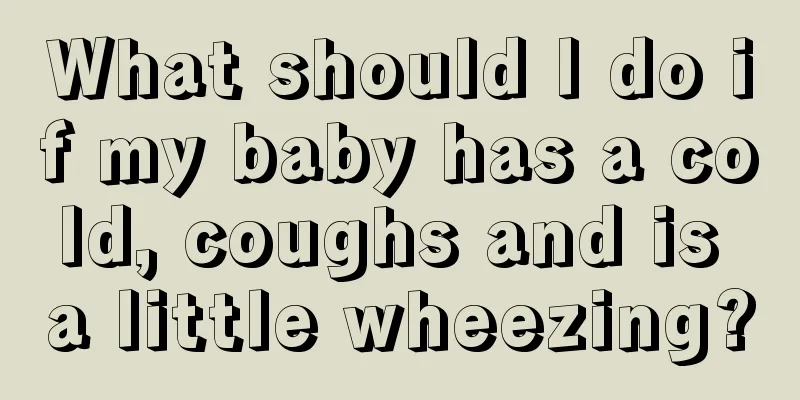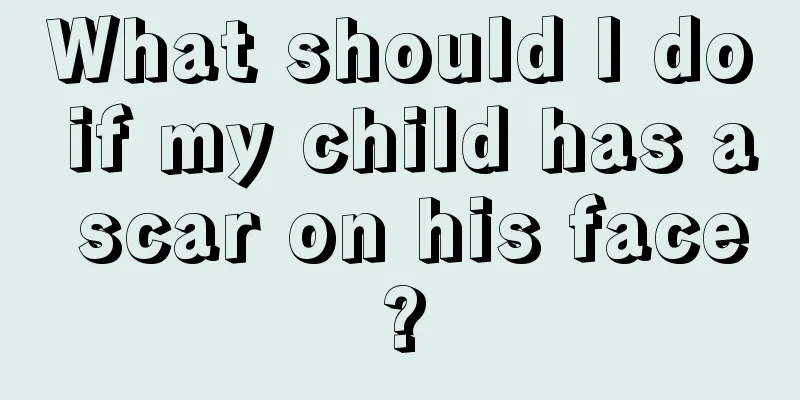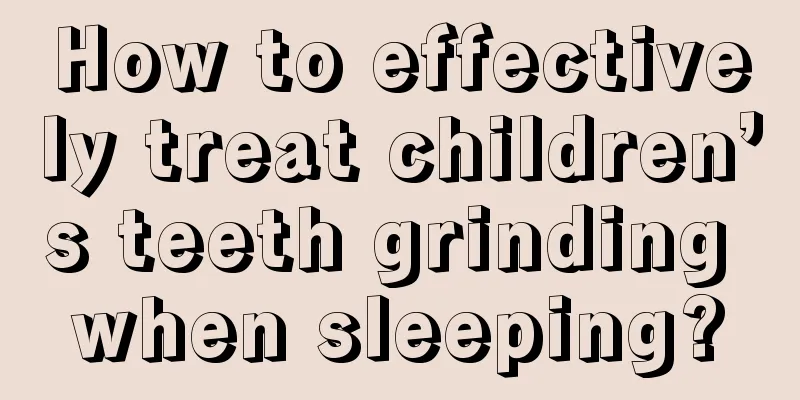What causes newborn convulsions?

|
The physical health of a newborn is very important right after birth. Therefore, the newborn will be observed in the observation room for five hours before he can return to his family. However, in the period after a newborn is born, unexpected problems often occur, such as convulsions in the newborn's body. This is also a relatively rare situation. So what causes convulsions in newborns? What are newborn baby convulsions during sleep? In most cases, it is normal for newborns to twitch during their sleep. This is because the baby's brain function is temporarily disturbed while sleeping. The cerebral cortex of a newborn is not yet fully developed. For a period of time after birth, the subcortical centers replace the functions of the cerebral cortex to regulate and control the movements of the limbs. This kind of control is often not so precise and stable, so the baby's limbs often twitch involuntarily. Once the cerebral cortex matures and formally regains control of the limbs, the twitching phenomenon will gradually disappear. Sometimes babies may have convulsions when they are startled from their sleep by a noise. In addition, convulsions caused by pathological factors may also be accompanied by symptoms such as nystagmus, facial spasms, staring, arm waving, etc. In severe cases, the baby may experience respiratory arrest. What to do if your newborn baby convulses while sleeping When a baby has a convulsion, young parents are sometimes at a loss as to what to do. Having some relevant medical knowledge will help you provide your baby with the necessary help when he or she becomes ill. 1. When the baby has convulsions, parents should avoid rocking the baby back and forth, as such shaking will aggravate the condition. The baby's body should be laid flat, with his head tilted to one side and his head back, and the child's collar, belt, etc. should be opened. Remember not to let him fall. 2. Check the child’s mouth, nose and other parts for vomit or secretions. If any, clear it promptly to ensure that the respiratory tract is unobstructed. Another thing that needs to be paid special attention to is that in order to prevent the baby from biting off his tongue when he is sick, gauze or chopsticks should be placed between the upper and lower teeth, and the Ren Zhong and Hegu points should be pinched with your fingers. 3. It is necessary to hold down the patient and be careful not to let sharp objects around hurt him. But be careful not to use strong force when pressing it, otherwise there is a risk of fractures. 4. If fever occurs, oral antipyretics cannot be given, and only rectal suppositories can be used to reduce fever. Never give your child food or drink during or shortly after an attack as this may cause choking. 5. While taking the above first aid measures, pay attention to observe the child's condition: for example, whether it is a whole-body or local convulsion; changes in the eyes, face, and limbs during convulsions, etc. This information is extremely important when doctors are treating your child. 6. Once the symptoms are under control, seek medical attention immediately. Targeted treatment is carried out after the specific cause of the disease is confirmed. First, the doctor will ask the parents for relevant information about the child's illness, such as the duration of the illness, the symptoms during the illness, and whether there is a genetic history, etc., and arrange blood pressure and cerebrospinal fluid tests or brain tomography to determine the cause of the convulsions. If it is the first time that the fever is accompanied by convulsions, the patient is generally given intravenous treatment and hospital observation to prevent recurrence. If the attack is acute due to epilepsy, anti-epileptic drugs should be injected (sometimes rectal suppositories are also given). If the attack is severe and recurring, hospitalization is required. |
<<: Causes of fever and convulsions in young children
>>: Hard lumps on children's feet
Recommend
Can children take cold medicine and anti-inflammatory medicine together?
Children's bodies are relatively fragile, and...
What is the matter with the child breathing heavily?
For every parent, the baby's physical health ...
Why do children often complain of knee pain?
Compared with adults, children's physical fit...
Baby always puts his hands in his mouth
Parenting experts told us that if a baby always p...
What are the causes of neonatal hypoglycemia?
If a child's blood sugar concentration is too...
Is it good for children to eat soybeans?
Soybean is a food that many people like to eat. T...
What to do if your baby's neck is red
Redness on the baby's neck is usually caused ...
What causes the skin on children's feet to peel?
The weather is relatively dry in summer, and the ...
Why does my child's wrist hurt?
During the normal development process, children s...
What to do if it is difficult to feed medicine to your baby
When a baby is sick and feels uncomfortable, and ...
Why is my baby's poop black?
The baby's poop is black because the baby eat...
How to educate a 4-year-old child
As children grow up day by day, parents must ensu...
Solution to zinc deficiency in four-year-old babies
Zinc deficiency in four-year-old babies has becom...
What is the height and weight of a 36-month-old baby?
As we all know, giving birth to a baby is not an ...
What jewelry is good for baby boys?
When a baby is born amid the anticipation of the ...









